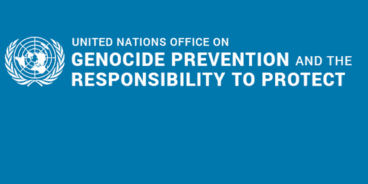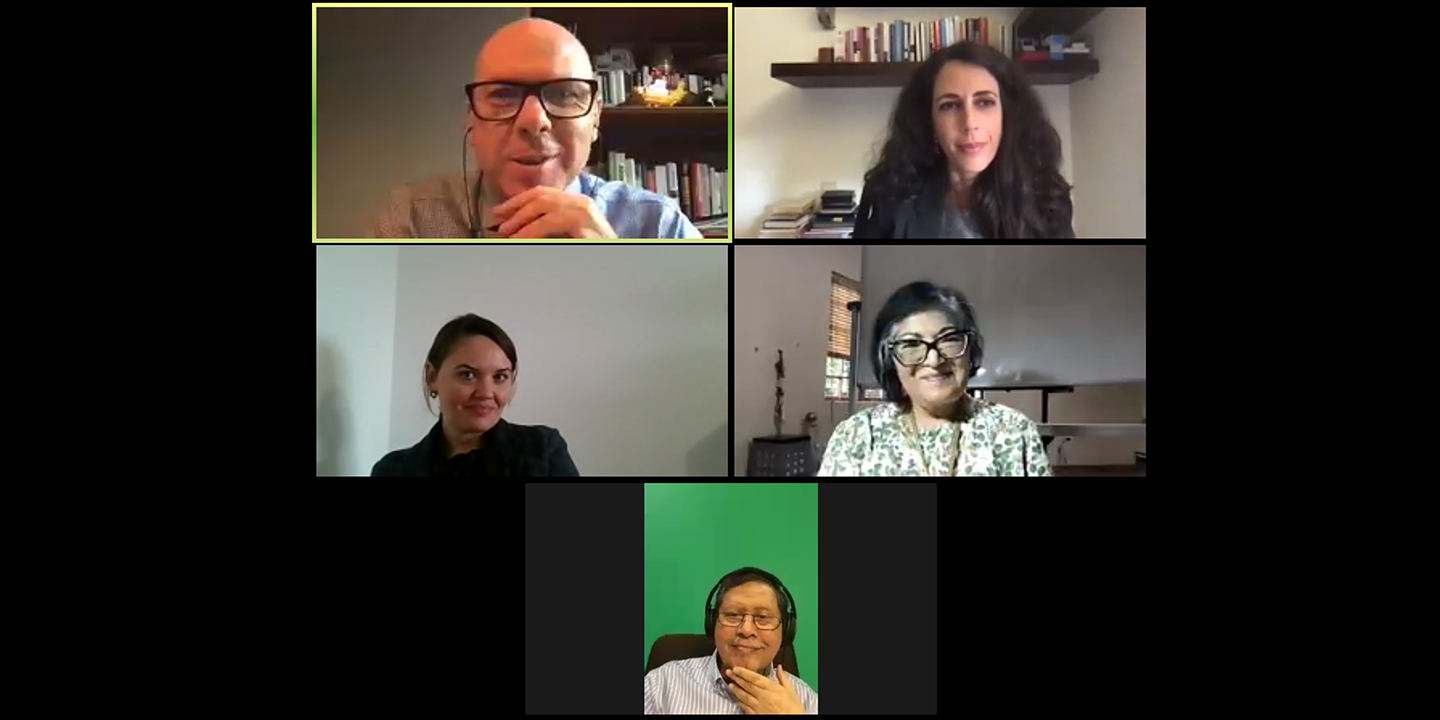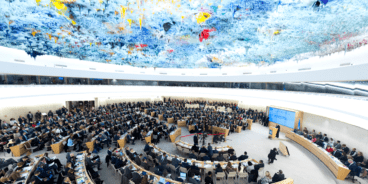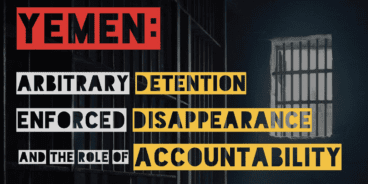

Panel Discussion: Applying the Atrocity Lens through Human Rights Council-mandated Investigative Mechanisms
Since it became operational in 2006, the UN Human Rights Council (HRC) has established more than 30 investigative bodies tasked with monitoring, investigating and establishing the facts and circumstances of grave abuses and violations of international human rights and humanitarian law, some of which may amount to mass atrocity crimes. Commissions of Inquiry (CoI), Fact-Finding Missions (FFM) and other investigative bodies can constitute key mechanisms to respond to the commission of atrocities and prevent their recurrence.
Investigative bodies are an important tool in upholding our Responsibility to Protect. By directly applying an “atrocity lens,” investigative mechanisms can broaden our understanding of patterns of behavior that enable the commission of genocide, war crimes, crimes against humanity and ethnic cleansing. The CoI on Burundi and the FFM on Myanmar have both utilized the UN’s Framework of Analysis for Atrocity Crimes to identify risk factors and potential triggers for war crimes, crimes against humanity, ethnic cleansing or genocide. Despite these examples, the systematic inclusion of an atrocity lens in all HRC-mandated investigative bodies has yet to be achieved.
This event aimed to increase understanding of how CoIs, FFMs and other mechanisms can systematically include an atrocity lens in their fact-finding and investigations and contribute to accountability, prevention and non-recurrence of atrocities. During the event previous and current members of investigative bodies unpacked lessons learned and best practices from their work.
This event was co-hosted by the Global Centre for the Responsibility to Protect and the Permanent Missions of Australia, Germany, Switzerland and Uruguay in Geneva.
Panelists:
-
-
- Mr. Marzuki Darusman, Former Chair of theIndependent International Fact-Finding Mission on Myanmar, former Special Rapporteur on the situation of human rights in the Democratic People’s Republic of Korea (DPRK) and member of the Commission of Inquiry on Human Rights in DPRK.
- Ms. Yasmin Sooka, Chair of the UN Commission for Human Rights in South Sudan, formerly served on the Truth and Reconciliation Commissions for Sierra Leone and for South Africa, and as a member of the Panel of Experts on accountability for war crimes in Sri Lanka.
- Ms. Marta Valiñas, Chair of the Independent International Fact-Finding Mission on Venezuela, formerly worked with the Office of the Prosecutor of the ICC and the OSCE Mission to Bosnia and Herzegovina.
- Ms. Laurence André, Legal Adviser and Reporting Officer of CoI Burundi Secretariat, formerly worked with the CoI on Eritrea as well as in the Democratic Republic of the Congo and South-East Asia.
-
Related Content


UN Human Rights Council Resolutions Referencing R2P
